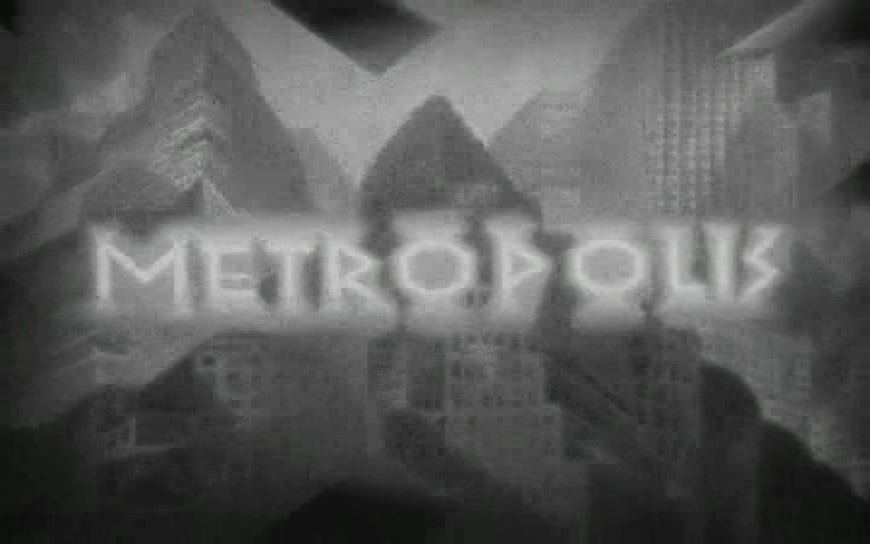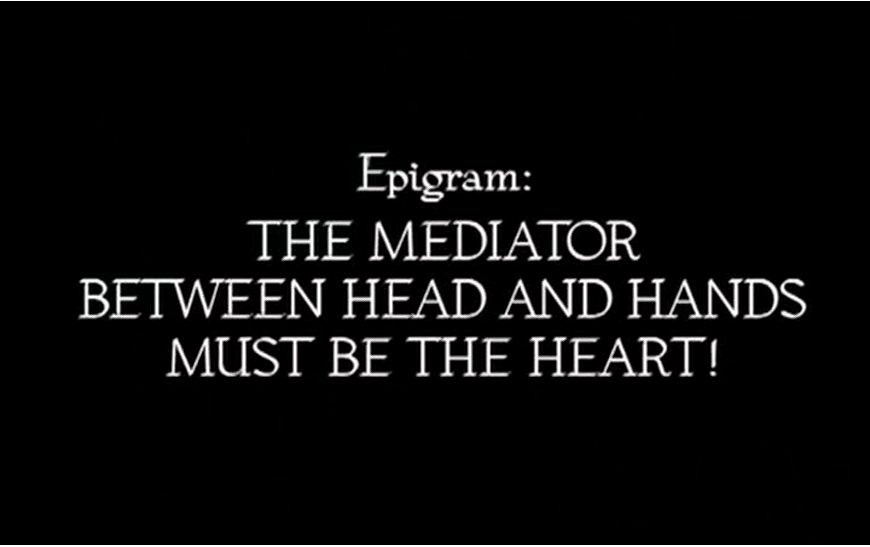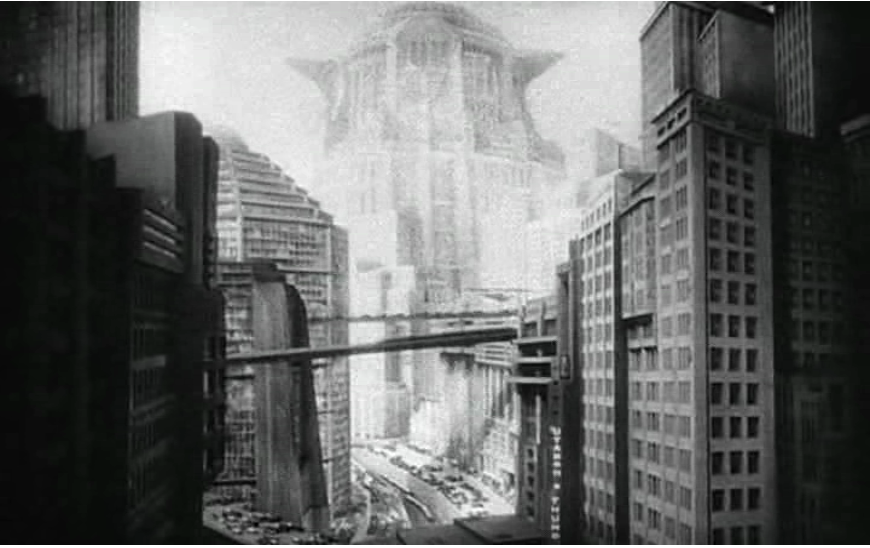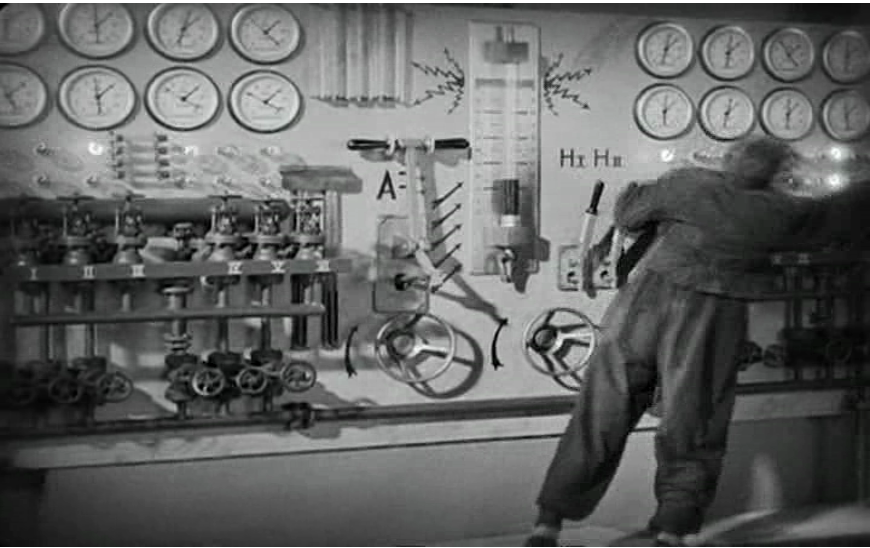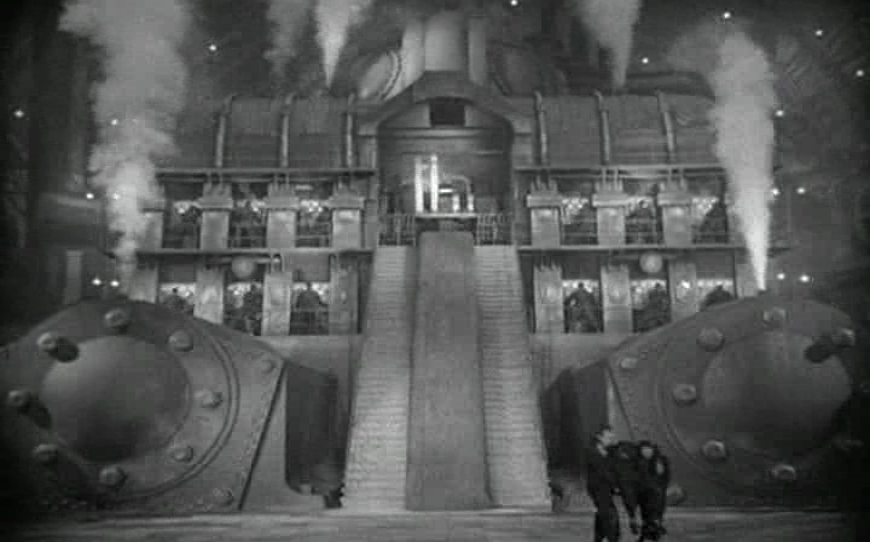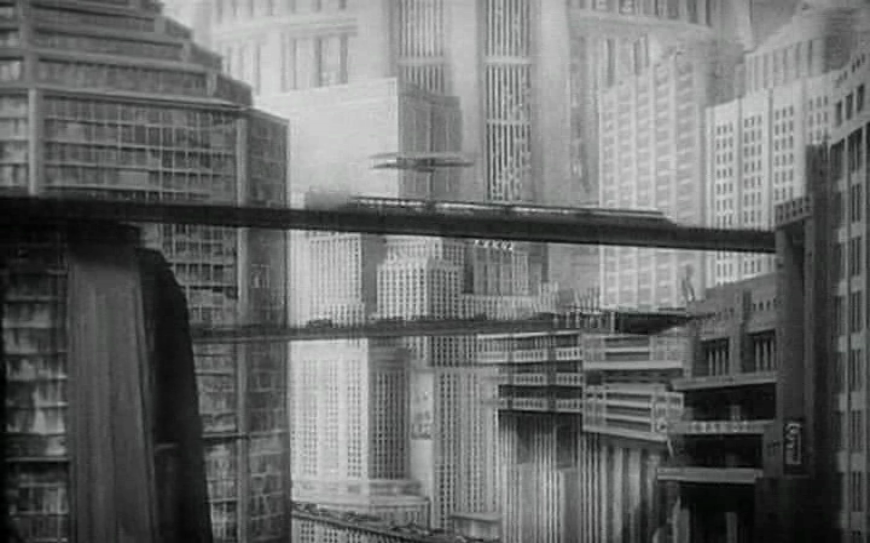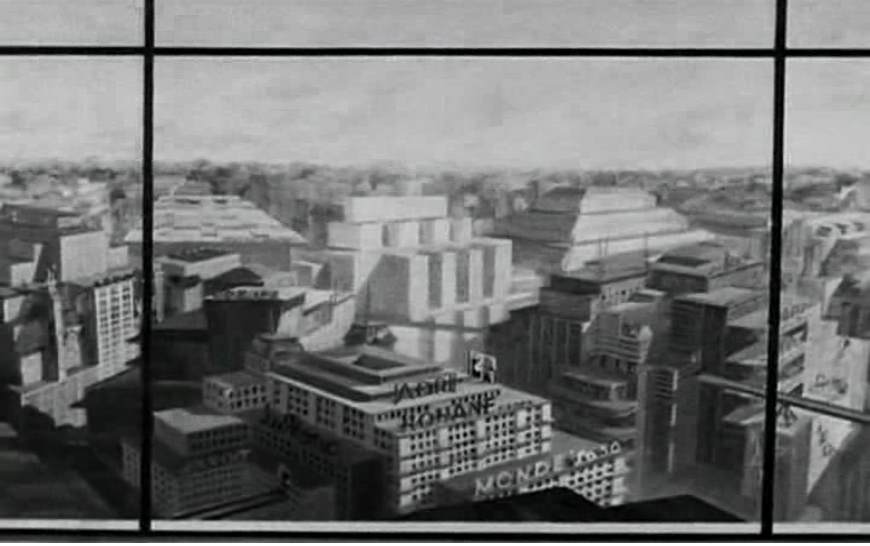-
#4 – Metropolis (1927)
Metropolis (1927)
Film review #4
Dir. Fritz Lang
Widely regarded as the one of the most important science-fiction films, and most certainly one of the first. Metropolis is A silent German expressionist movie that tells the story of a dystopia that has a deep divide between the working class of the so-called “undercity”, and the upper class who live above ground. The sets and design of the city seems to be influenced by the artists movements of the time, such as modernism and futurism (This is true especially in terms of the cars). When this film was released in 1927, it should be noted that the world’s population had no real concept of technology and architecture on the scale that this film shows, so seeing it back then must have been a truly unique experience.
The film also delves into some religious iconography too. With numerous scenes taking place in abandoned cathedrals and catacombs, long since abandoned as obviously technology has overcome the idea of a God, and secured man’s triumphant victory over the notion of any deity. The ideas of the “mediator of the hand and head being the heart” is an interesting concept that is explored too., and perhaps serves as a warning about how much power we as a species should submit to technology, as it might not be worth the cost to our humanity…
The plot generally centres around the privileged son of the leader of “Metropolis”, and as we see him travel around the city, we see the differences in the classes is very apparent, and the upper and lower classes seem to lead completely different lives. For example, the Lower classes never see the sky as they live so far underground. The upper classes themselves are not taught about the lower classes, and their existence is barely acknowledged. But perhaps the most interesting difference to me is the concept that the working class do ten hour shifts and the clocks in the undercity only going up to ten was something I found pretty interesting: Different classes having different time structures…very intriguing. Perhaps you might think that the issue of class and division is something that has been addressed in cinema so many times it is nothing special, but you have to remember that Metropolis was one of the first films to address such concerns.
Metropolis was also one of the first films to utilise the concept of a human-like robot. This machine can copy a humans features exactly, and plays a key part in the plot of the movie. Just another example if the blurring of the boundaries between humans and technology.
If you think some of those images seem familiar, you may be right. The music video for Queen’s “Radio Ga Ga” uses footage from the film, and the singer Madonna’s song “Express Yourself” is written about this movie too.
So overall, I would highly recommend watching Metropolis if you have any interest in the history of science-fiction or cinema in general. It has a lot of firsts for cinema, and sets the benchmark for science-fiction story telling. Perhaps a two-and-a-half hour silent film is not everyone’s idea of a good movie, but what it accomplished at the time of release set itself apart from everything else, and no doubt has influenced cinema and science-fiction to this very day.
